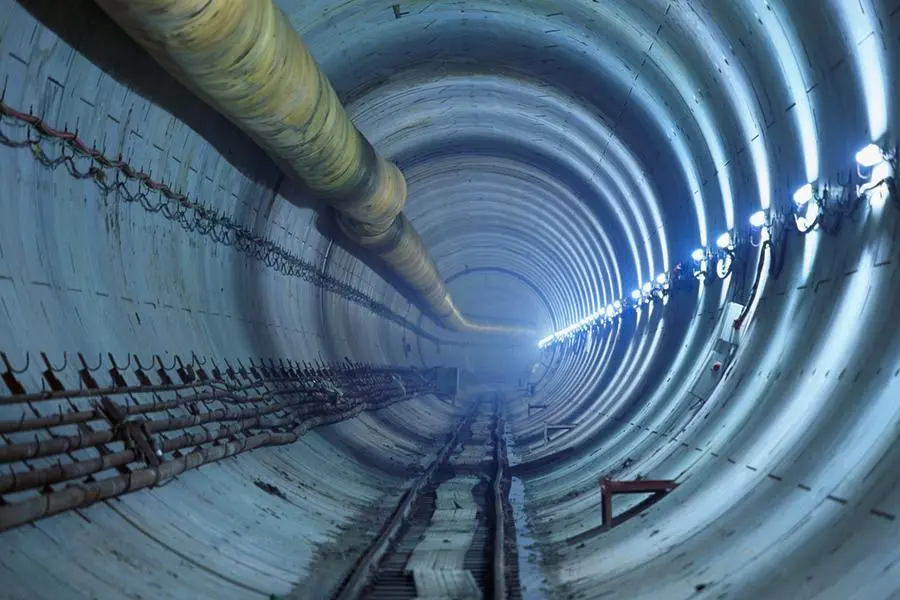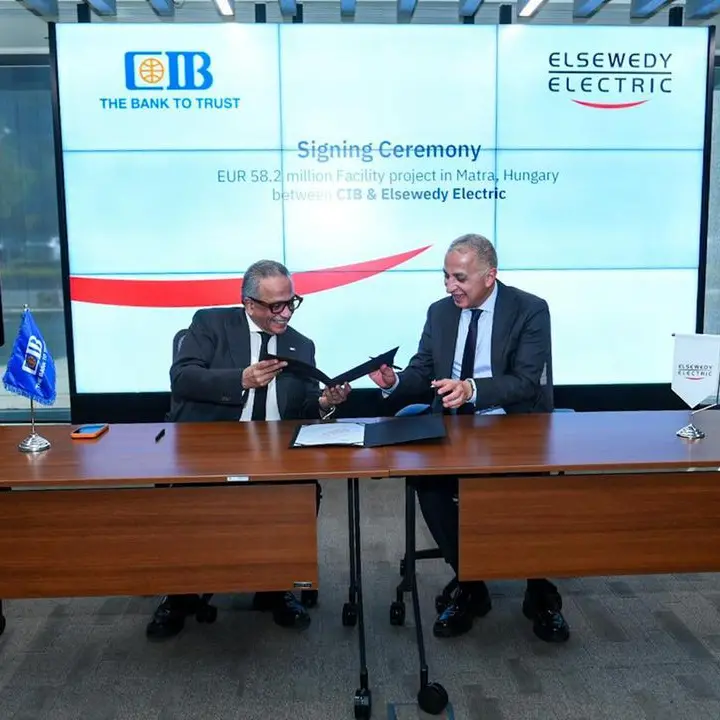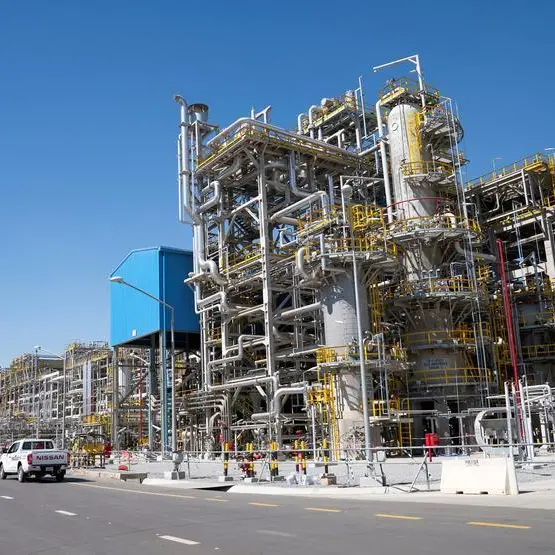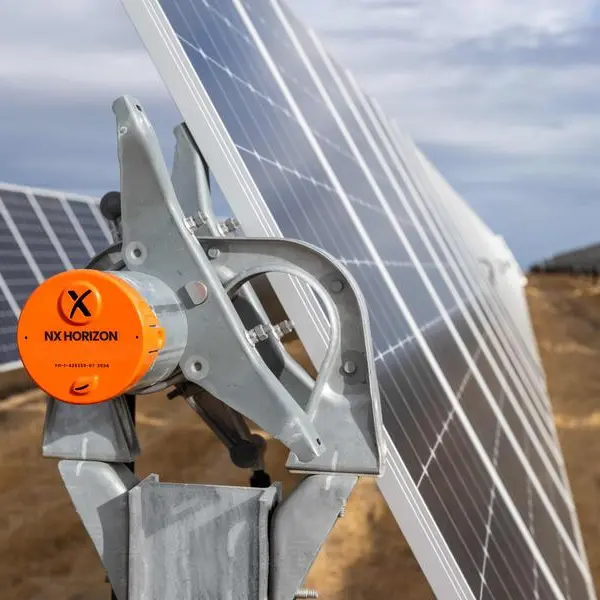PHOTO
Bahrain - A roadmap for municipal services that includes urban development, environmental sustainability, waste management, digital infrastructure and economic diversification has been outlined until the end of next year.
A first quarter 2025 Strategic Map Performance Report showcased robust progress highlighting the increasingly central role played by the Capital Trustees Board and municipal councils in driving development outcomes across the kingdom.
The report, which includes 18 strategic goals, has been arranged by Municipalities Affairs and Agriculture Minister Wael Al Mubarak and was presented by ministry officials during yesterday’s Southern Municipal Council meeting.
Under the 18 goals there are 60 initiatives (16 complete and 44 under implementation) and 49 indicators – four quarterly, 19 every six months and 26 annually.
Southern Municipality director-general Isa Al Buainain lauded the ministry’s vision and reaffirmed the municipality’s commitment to its implementation.
Greenery
“This strategy isn’t just a document; it’s a national commitment,” he said.
“Municipalities are no longer just service providers; we are strategic partners in shaping sustainable urban futures.
“Every goal from increasing greenery to waste recycling is connected to the everyday lives of citizens. Our mission is to deliver tangible outcomes on the ground.”
The ministry report focuses on immunising animals against endemic diseases, veterinary violations and stray dogs.
Related initiatives include epidemic surveillance programmes, investment land rehabilitation and the launch of the Bahraini Halal Centre.
“Animal health isn’t just a rural issue, it’s a public health and food security matter. We’re taking a data-driven, preventive approach,” said Mr Al Buainain.
“Projects such as source-separation recycling, tyre and green waste processing and an updated national waste strategy are now in motion.
“Municipal authorities are actively planting thousands of trees and developing new public parks, walkways and seafront areas.
“Our community’s demand for clean, accessible and green public spaces is growing. We are listening – and delivering.”
Mr Al Buainain, right, with Southern Municipal Council chairman Abdulla Abdullatif
Mr Al Buainain said efforts also include cloud migration, digital platforms for municipal services, and cybersecurity reinforcement.
“Services like wastewater tank cleaning, veterinary clinics, and food safety labs are being opened to private sector partnerships.”
He said the report highlights the ministry’s proactive role in policy alignment, project execution and stakeholder engagement.
“We’ve aligned all our council initiatives with the ministry’s strategy. This synergy ensures faster execution, reduced redundancy and smarter investment,” he explained.
“We no longer work in silos. When our teams propose initiatives – whether infrastructure or environmental – they are first assessed for strategic value and long-term impact.”
While acknowledging progress, Mr Al Buainain also pointed to structural challenges that require ongoing attention.
“We need faster legislative updates, better data integration and a stronger financing model for municipal services. These are national conversations we must lead,” he stressed.
“Also, we are working on expansion of green corridors in urban zones, public-private partnerships for municipal markets and facilities, and modernisation of bylaws to accommodate smart technologies and sustainability standards.”
Mr Al Buainain said as the ministry enters the second quarter of 2025, its focus remains on execution, integration and accountability.
“This strategy is not about bureaucracy; it’s about people.
“It’s about cleaner streets, smarter cities, healthier livestock, greener parks and happier communities.”
Meanwhile, Works Ministry officials unveiled a series of critical infrastructure projects aimed at enhancing drainage and sewage networks across key residential and educational areas.
The ministry’s initiative is part of ongoing efforts to improve public health standards, reduce environmental risks, and modernise essential services for local residents. Funding is set from municipal revenues.
The drainage system in Block 933 of Riffa will see the construction of a 539-metre-long main pipeline, executed through open-cut excavation methods. The project includes 15 manholes and 21 storm water catch basins along key roads such as Umm Al Na’saan Avenue and National Charter Highway.
In Block 924 of Jari Al Shaikh, a new sewer system will consist of a 555m main line and a 458m secondary line. The project also incorporates 62 manholes and 19 household connections.
The sewer network in Block 910 of Riffa has been fully completed, including 380m of main line and 150m of branch line, along with 20 manholes and three household connections.
One of the flagship projects involves the installation of a 1,500m high-pressure line to serve Pumping Station E4F near Zallaq, extending along Bahrain University, Zallaq Highway and Gulf of Bahrain Highway.
Most of the open-cut work (1,310m) is completed, while tunnelling (NDRC – Non-Destructive Road Crossing) remains pending. The project includes three manholes.
Another major undertaking is the complete construction of a sewer network in Block 939 of Hajiyat, Riffa. It includes a 1,105m main line and a 430m branch line. With 44 manholes and 18 household connections planned, the project faced complications due to utility overlaps.
The project to upgrade Pumping Stations E8A and E8B in Isa Town covers Blocks 840, 841 and 934.
It includes a new 250mm high-pressure line stretching 1.5km and aims to eliminate foul odours and flooding issues plaguing the educational district.
So far, 1,014m of the line have been installed, with construction nearing completion for the non-return valve chamber.
Copyright 2022 Al Hilal Publishing and Marketing Group Provided by SyndiGate Media Inc. (Syndigate.info).





















